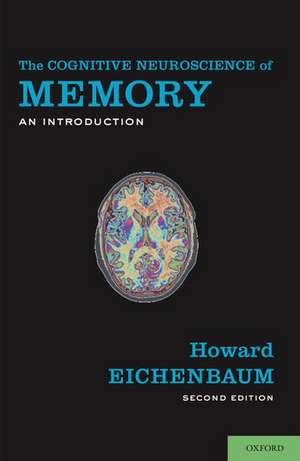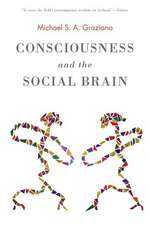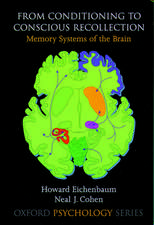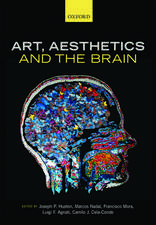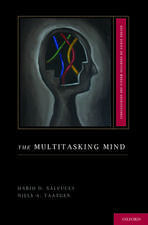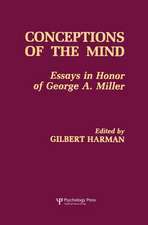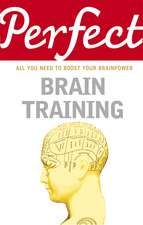The Cognitive Neuroscience of Memory: An Introduction
Autor Howard Eichenbaumen Limba Engleză Paperback – 12 ian 2012
Preț: 624.60 lei
Preț vechi: 771.12 lei
-19% Nou
Puncte Express: 937
Preț estimativ în valută:
119.51€ • 125.12$ • 98.89£
119.51€ • 125.12$ • 98.89£
Carte disponibilă
Livrare economică 15-29 martie
Preluare comenzi: 021 569.72.76
Specificații
ISBN-13: 9780199778614
ISBN-10: 0199778612
Pagini: 428
Ilustrații: 111 illustrations
Dimensiuni: 231 x 152 x 25 mm
Greutate: 0.7 kg
Ediția:Second Edition
Editura: Oxford University Press
Colecția OUP USA
Locul publicării:New York, United States
ISBN-10: 0199778612
Pagini: 428
Ilustrații: 111 illustrations
Dimensiuni: 231 x 152 x 25 mm
Greutate: 0.7 kg
Ediția:Second Edition
Editura: Oxford University Press
Colecția OUP USA
Locul publicării:New York, United States
Recenzii
. . . a wonderful textbook for advanced undergraduate and graduate courses. This long-overdue, accessible summary of the main findings of a fast-evolving field is likely to influence students of memory for years to come . . . The book is an impressive combination of scholarship and accessibility. The author's elegant pen and mastery of the subject does justice to complex ideas . . . yet does not sacrifice clarity.
Notă biografică
Howard Eichenbaum is Director of the Center for Memory and Brain, the Cognitive Neurobiology Laboratory, and the Center for Neuroscience at Boston University
